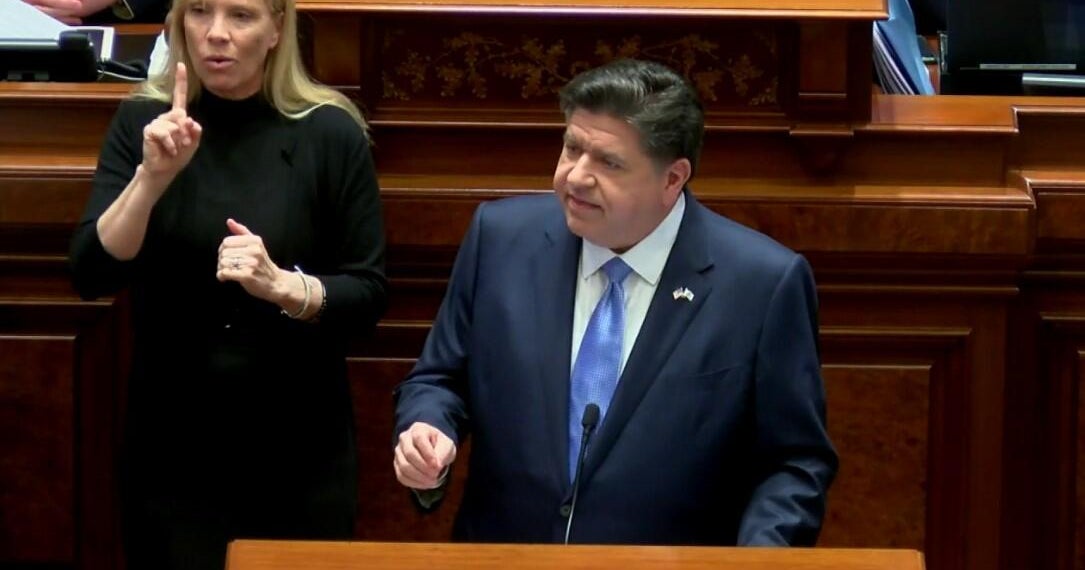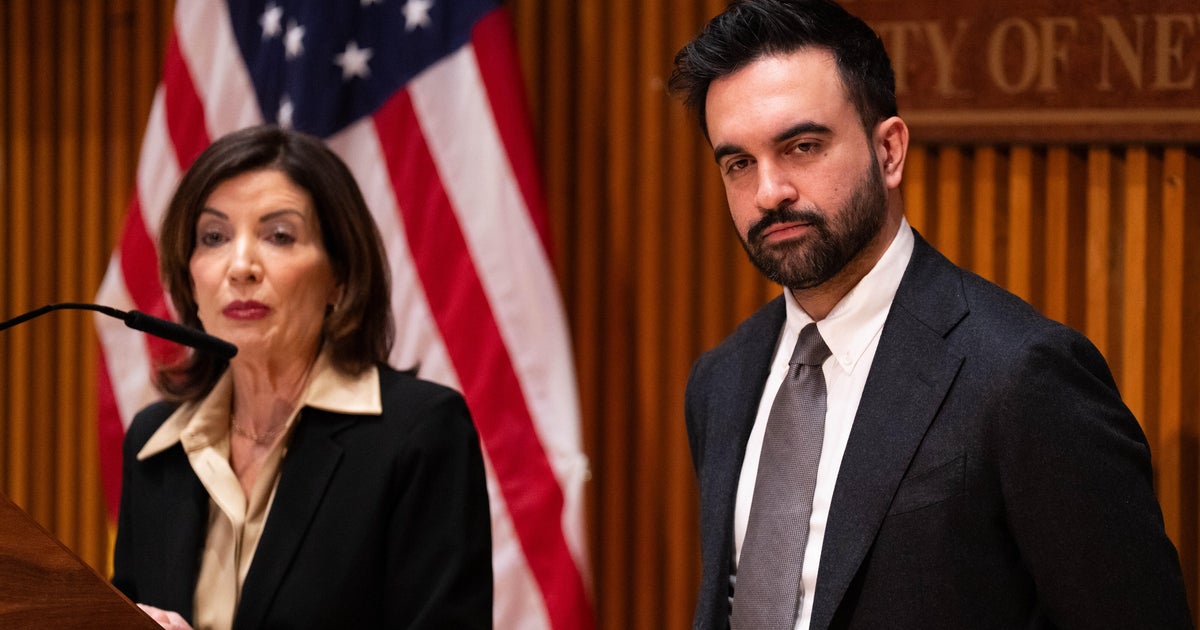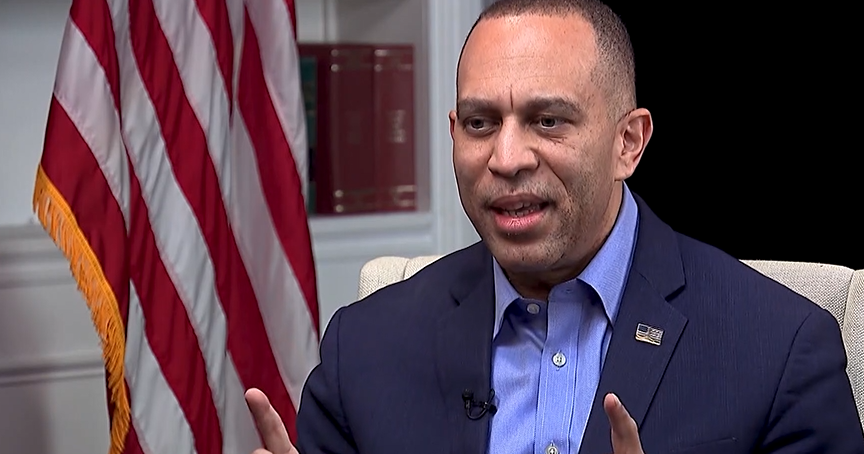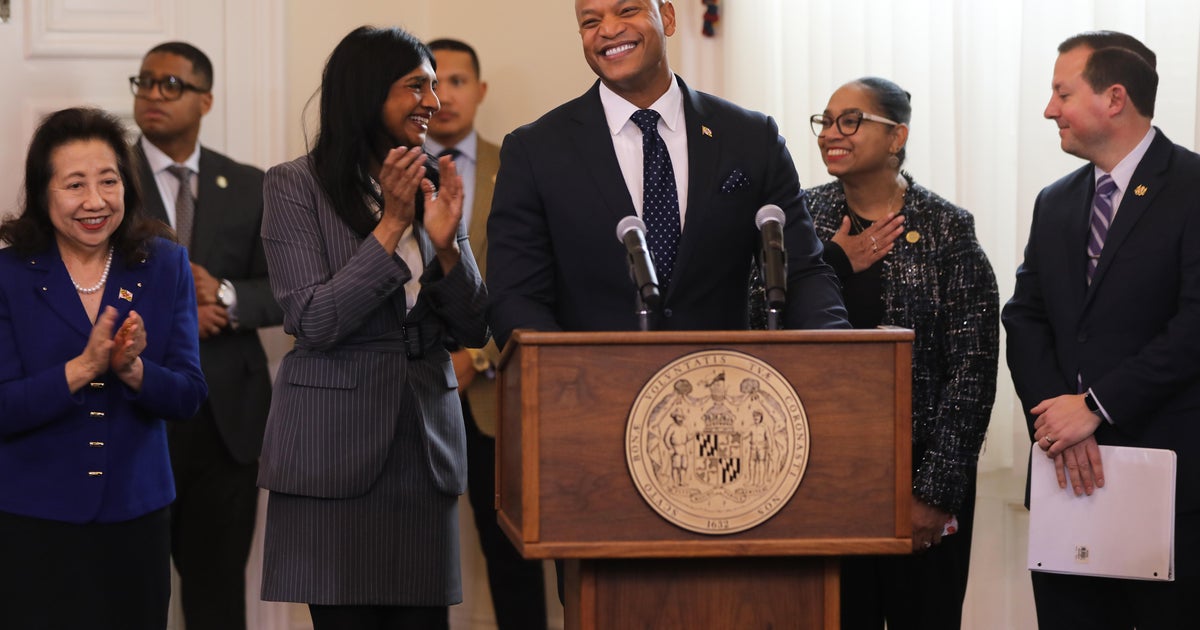State Budget Deadline Looms With No Compromise In Sight
CHICAGO (CBS) -- It's a race against the clock in Springfield, with lawmakers and Gov. Bruce Rauner facing a midnight deadline to reach a deal on the state budget so no state services are interrupted.
Wednesday is the start of a new fiscal year, and Rauner has vetoed the vast majority of Democratic lawmakers' budget plan, which was nearly $4 billion short on revenue. The only part of the budget the governor approved was an increase in spending on education.
Rauner's own budget proposal in February was $2.2 billion out of balance.
Without a new spending plan in place by Wednesday, the state has no authority to pay bills, including salaries for some 65,000 state workers. The first payroll of the next fiscal year is July 15, so there is some time to find a compromise before employees start missing paychecks.
"I want to make darn sure you guys are paid, you guys are paid on time, you don't miss any payroll, and you're paid 100 percent of your salary, not some lesser amount," Rauner told a group of state employees at the Illinois Emergency Management Agency in Springfield on Tuesday. "It's going to be a stressful time for your families. I apologize for that. We're going to try to minimize the stress on your families. We're going to allow you to do your work."
The governor sent a memo to workers, saying they'll be paid even if the deadlock continues, but Illinois Attorney General Lisa Madigan said the state cannot write checks without an approved budget. Unions representing state employees have said they're prepared to take legal action to force the state to pay its workers.
Podcast
With the governor and Democratic lawmakers still at an impasse, state workers were trying to remain upbeat.
"It'll come to a compromise. We'll be paid. I have confidence," said Shirley Barsh, an employee at the Illinois Department of Children and Family Services.
Barsh said she's not upset with lawmakers for putting workers in this position.
"It's just life. I mean, things like this happen. So you can't be bent out of shape," she said. "I'm sure some type of services will be cut, but that's always. Every year we cut something."
A government shutdown would hit social services first, and the impact would come even sooner. Mental health care, aid to seniors and children, and other services would be cut off, meaning layoffs for some agencies that rely on state funding.
Demonstrators hit downtown Chicago on Monday to protest the impact of budget cuts on the state's most vulnerable citizens.
"A lot of vulnerable populations depend on those services in order to get by," Uptown resident Raunel Urquiza said.
Democrats have said Rauner could have avoided a possible government shutdown by using his amendatory veto power to reduce spending levels in some areas, while keeping state services running.
The governor and the four top legislative leaders met privately on Monday to discuss the budget, but came no closer to ending their long stalemate.
Democratic lawmakers have pushed for a tax hike to keep critical social services funded, but Rauner has said he won't approve new or higher taxes without changes to state law that he believes would improve the state's business climate.
The Illinois House and Illinois Senate were scheduled to meet Tuesday, and lawmakers were scheduled to hold a Committee of the Whole to speak to state officials about how agencies would operate without a budget plan, but there has been no sign they will have a new budget plan to approve.







